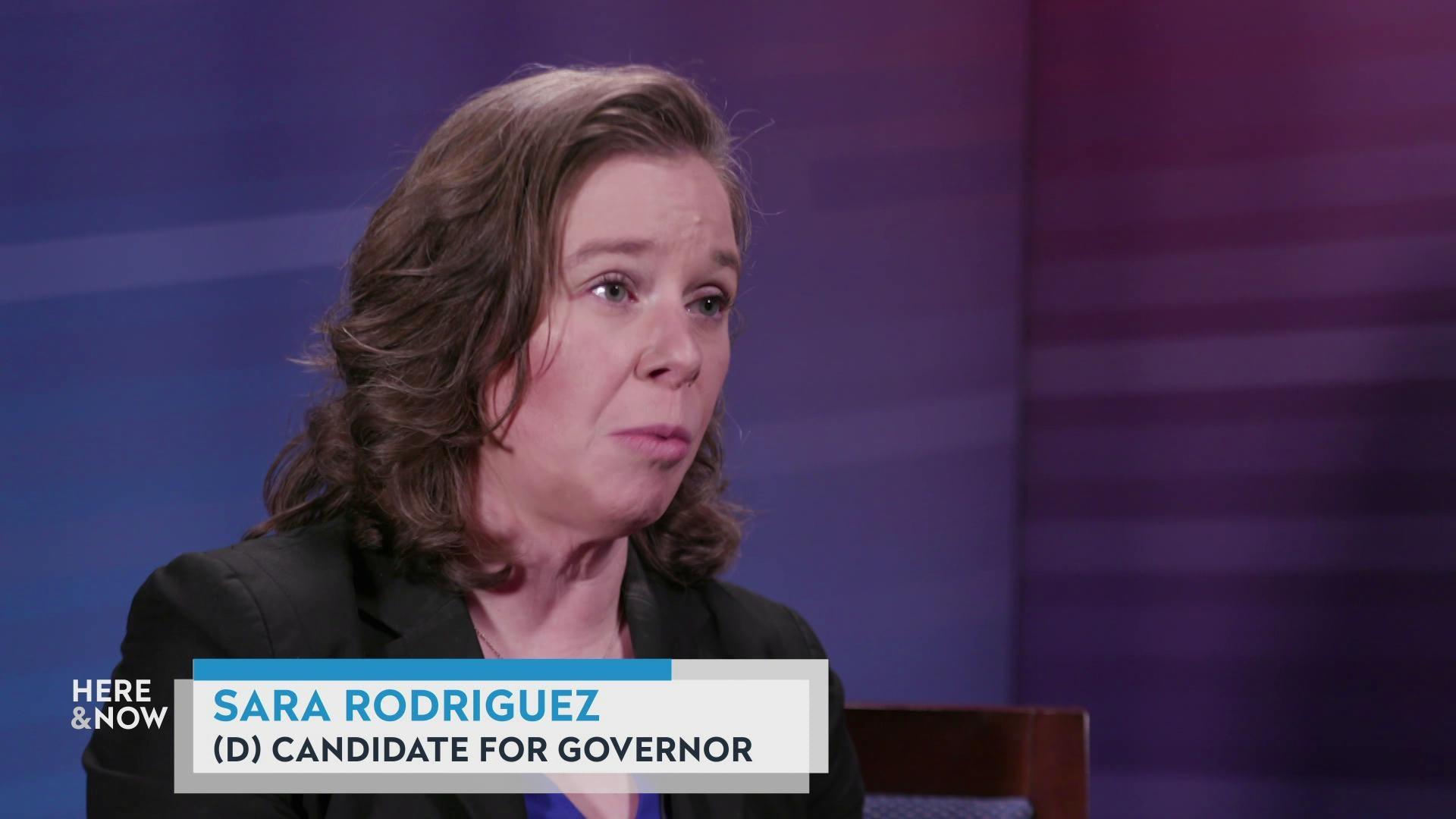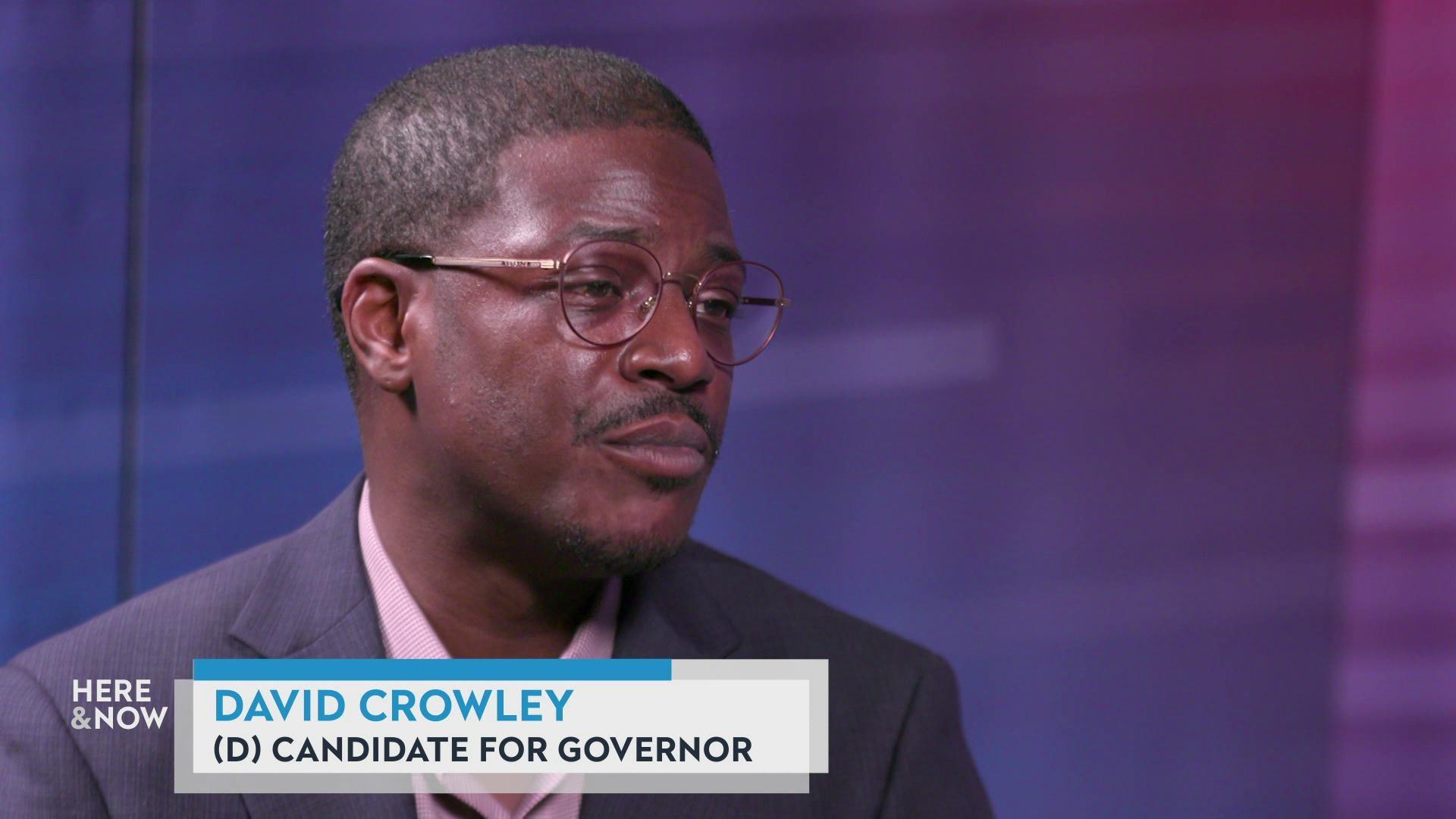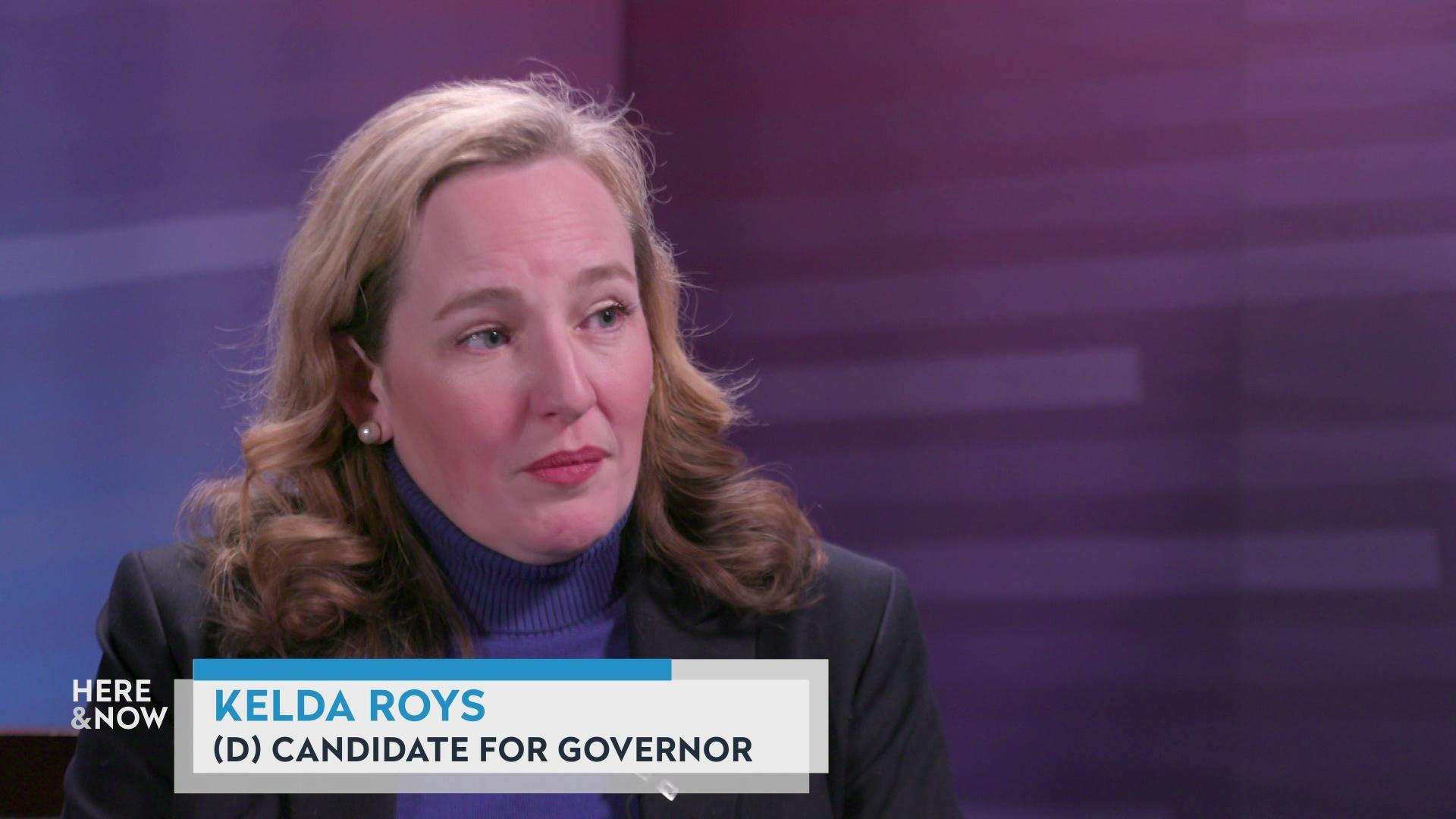Frederica Freyberg:
One book author said Governor Walker traded on the politics of resentment in his sweeping changes to the status quo in Wisconsin. Another author and journalist reporting at the time as a Capitol correspondent for the Milwaukee Journal Sentinel wrote the book on Act 10 titled “More Than They Bargained For.” Jason Stein is now research director at the non-partisan Wisconsin Policy Forum. He joins us now to detail the policy and political implications of Act 10, now a decade later. Hi, Jason. Thank you for doing this.
Jason Stein:
Thank you for having me.
Frederica Freyberg:
We were just talking off air a little bit about our reactions as journalists when this happened, and I want to just start this by asking you that. As you sat in the press room there, in the Capitol, and you watched this unfold, what were you thinking?
Jason Stein:
Well, you just had this overwhelming sense of being a witness to history right in front of you, events that were, you know, not merely drawing national attention, but international attention. And so in that sense at least it’s much like the events that we’ve seen in the past year, where you’re just aware in real time that history is unfolding in front of you.
Frederica Freyberg:
Yeah. Indeed. So as to the impacts of Act 10, the kind of Cliff Notes version of it is that taxes are down and school spending is down, but help us put a little more meat on that. Why and why? Why taxes down? Why is school spending down as a result?
Jason Stein:
You’re absolutely right that that’s the case when you compare Wisconsin to other states around the country. You know, I mean, one key area obviously is in the area of employee benefits. So, you know, prior to Act 10, Wisconsin ranked very highly in terms of spending on public employee benefits, for teachers, for instance. Act 10 required higher contributions for pension and health benefits for most state and local employees, and so that really shifted that equation and it resulted in, you know, Wisconsin going from leading the country or being a top ten state in things like employee benefit spending to being below the national average. Now, it is important to note that that isn’t just about people’s benefits because those higher contributions also led to lower take-home pay. So it’s lower cost for state and local governments, but also reduced compensation for their employees.
Frederica Freyberg:
So in 2021, where does that put Wisconsin K-12 schools?
Jason Stein:
It’s a good question. You know, we have seen, as you said, per-pupil spending fall from above the national average in Wisconsin to below it and that is — as that has happened, our taxes at the state and local level in Wisconsin have fallen from being in the top ten nationally to being 23rd to being really below the national average. And that has happened really despite the fact that you have seen billions of dollars in local school referenda pass in recent years. So you’ve seen taxes fall, you’ve seen school spending fall at least relation to other states and you have seen increasingly some voters at the local level being willing even on a sort of bipartisan basis in red and blue communities to increase their own property taxes to have additional spending for their school district.
Frederica Freyberg:
All right. So what did Act 10 do to unions?
Jason Stein:
Well, I mean, that’s one of the most pronounced impacts that you see. Even before Act 10, you had falling union membership as a share of the overall workforce and I think there’s every reason to think that that would have continued to happen even without Act 10. But it’s clearly the case that you saw that accelerate. Because really one of the few areas of strength for unions pre-Act 10 was public employees. And obviously there was a precipitous drop in membership level for public employees. And it’s worth noting that for everything that we’re talking about, there’s both what Act 10 did, which was really a very narrow piece of legislation. It was sweeping, but it was only up to a point. And a whole change in governance and philosophy that was ushered in by Republican majorities that came into power in 2011. And so even on the aspect of unions, we see right-to-work, which affected private sector unions. That didn’t happen as part of Act 10. But it happened in 2015. But Act 10 certainly opened the door to a lot of these changes that we’re talking about.
Frederica Freyberg:
Well, as to the politics of Act 10, do you feel as though Act 10 marked the end of bipartisanship in Wisconsin?
Jason Stein:
Well, it certainly was a very lengthy pause. I think it certainly prefigured the times we’re living in now where people see something fundamentally wrong with the other side. Not just incorrect, but wrong. And you saw both on the — the Democrats saw this attempt to really repeal most union power as going too far, being outrageous. And then when the Senate Democrats left the state Capitol to deny a quorum and a vote on Act 10 and went to Illinois, Republicans really saw that as an illegitimate act. And so you just had either side being sort of unwilling to recognize the other as a legitimate actor in good faith trying to do something positive for the state.
Frederica Freyberg:
Yes. Well, we leave it there. Jason Stein, thanks very much. Witness to history. Thanks a lot.
Search Episodes
News Stories from PBS Wisconsin

Donate to sign up. Activate and sign in to Passport. It's that easy to help PBS Wisconsin serve your community through media that educates, inspires, and entertains.
Make your membership gift today
Only for new users: Activate Passport using your code or email address
Already a member?
Look up my account
Need some help? Go to FAQ or visit PBS Passport Help
Need help accessing PBS Wisconsin anywhere?

Online Access | Platform & Device Access | Cable or Satellite Access | Over-The-Air Access
Visit Access Guide
Need help accessing PBS Wisconsin anywhere?

Visit Our
Live TV Access Guide
Online AccessPlatform & Device Access
Cable or Satellite Access
Over-The-Air Access
Visit Access Guide
 Passport
Passport


















Follow Us